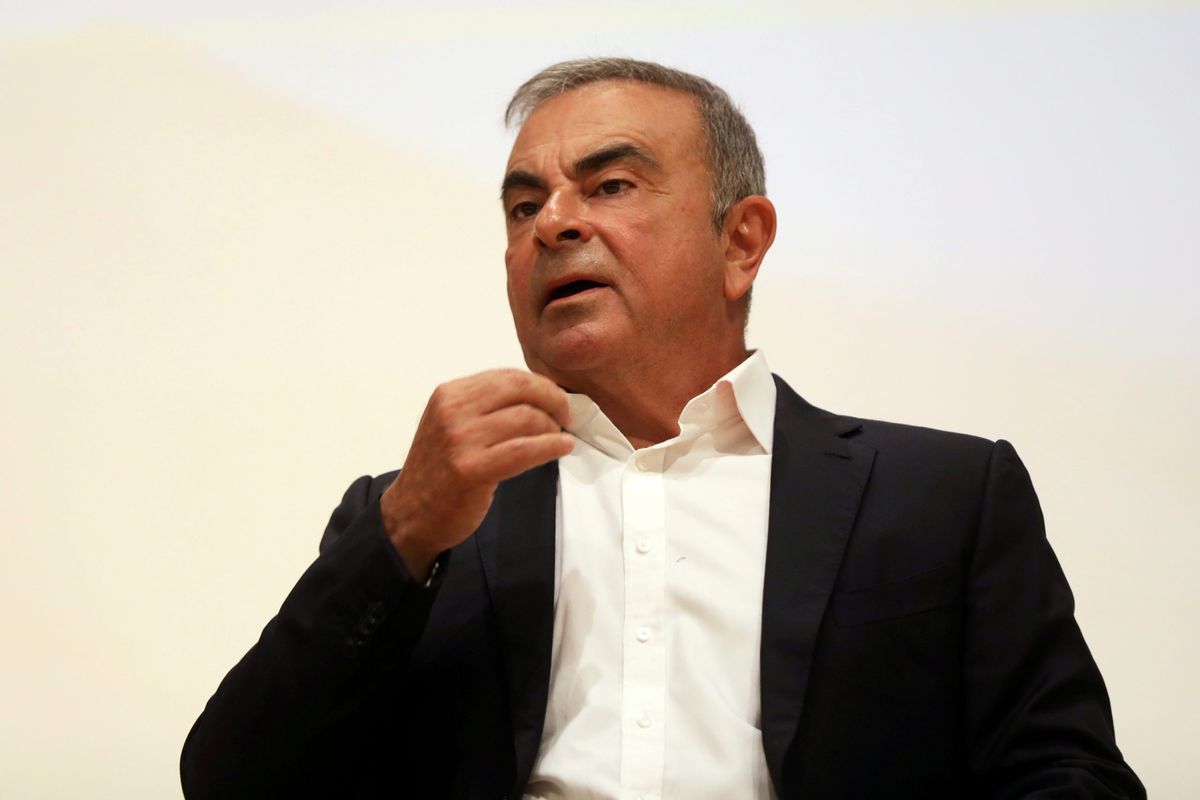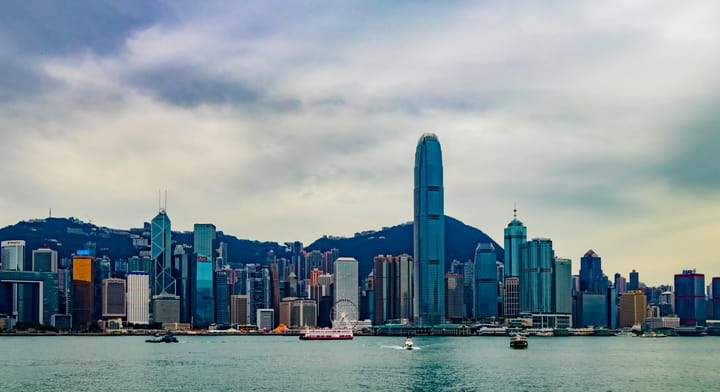Ex-Nissan CEO Carlos Ghosn’s arrests deemed “extrajudicial abuse" by UN human rights panel

A few minutes every morning is all you need.
Stay up to date on the world's Headlines and Human Stories. It's fun, it's factual, it's fluff-free.
Japan’s justice system is renowned for its 99% conviction rate, which is largely based on suspects confessing their guilt during detainment.
The arrests of Carlos Ghosn, the former chairman and chief executive officer of Groupe Renault and The Nissan Motor Company, Ltd., have been ruled by a United Nations panel to have been an “extrajudicial abuse.”
Ghosn, who remains a fugitive in Lebanon after having escaped from Japan in a box in December 2019, was repeatedly rearrested after his original arrest in November 2018, treatment that the UN panel has now deemed as “arbitrary.”
This represents the latest development in the Ghosn saga, whose flight from Japanese authorities in 2019 seemed to many like they could have been ripped out of a Hollywood movie.
The UN panel’s findings are the latest critique of Japan’s alleged “hostage justice” system, in which detained individuals are reportedly subjected to long periods of detention, interrogation and uncomfortable conditions in which the end goal is to have the suspect confess their guilt.
Ghosn’s wife, Carole, had previously claimed that the former CEO was subject to a regime of interrogations and poor sleeping conditions while detained, with Ghosn himself believing he might die alone in Japan.
Japanese officials have rejected the panel’s findings as “totally unacceptable,” but with Ghosn firmly out of Japanese reach in Lebanon, it is unlikely that the former Nissan CEO will ever be brought to trial in person in Japan.
Arbitrary detainment?
Carlos Ghosn was arrested in 2018, alongside right-hand man Greg Kelly, on charges that the two had underreported Ghosn’s income by more than half.
Internal investigations undertaken by Nissan alleged that Ghosn had underreported his income by at least US$82 million, which was concealed in the form of “IOUs” (I Owe Yous) to be made during his retirement.
Following his arrest, Ghosn spent 108 days at a Tokyo detention center for questioning regarding the allegations, before being released from detention on bail and rearrested once again.
Japan’s justice system is renowned for its 99% conviction rate, which is largely based on suspects confessing their guilt during detainment.
That suspects such as Ghosn are treated to long periods of detention and interrogation have some alleging that Japan’s system practices “hostage justice,” in which confessions of guilt are secured as a means of escape from poor conditions when detained.
It is this treatment that Ghosn alleges led him to make a dramatic escape in December 2019, in which he reportedly fled the country concealed in a box.
At a press conference in Beirut following his escape, Ghosn stated that “it’s not very difficult to come to [the] conclusion: You’re going to die in Japan or you’re going to have to get out.”
Ghosn also claimed he had “zero chance” of a fair trial in Japan and described his repeated arrests and periods of detainment as a “nightmare,” in which the former CEO was interrogated for hours each day, often without a lawyer present.
Ghosn was also allowed very little contact with his wife, Carole, as well as little contact with the outside world in general while under house arrest. When a Japanese court finally did allow Ghosn contact with his wife after a seven-month ban, the call was capped at one hour and limited to topics defined by the judge and reviewed by Japanese prosecutors.
“Extrajudicial abuse"
Now, a UN panel has deemed Ghosn’s treatment as a form of “extrajudicial abuse,” with his repeated arrests apparently “intended to ensure that he remained in custody,” regardless of the justification.
The UN working group on arbitrary detention, made up of independent experts who do not speak on behalf of the UN and whose resolutions are not binding, claimed that the treatment of the former-CEO was “arbitrary” and his bail conditions, such as his lack of contact with family members or the outside world, was “unusually strict.”
The group stated that “the appropriate remedy would be to accord Mr. Ghosn an enforceable right to compensation and other reparations, in accordance with international law.” It did not, however, condone his escape from Japan in December 2019.
Ghosn’s lawyer, Francois Zimeray, welcomed the decision, writing in a statement that the UN panel’s findings “undeniably establishes Mr. Ghosn’s detention was arbitrary, he was denied his right to impartial justice, and his treatment was unfair and degrading,” justifications which Ghosn himself used to support his right to flee from Japan.
Japanese officials and prosecutors have rejected the UN panel’s findings, with Japanese Justice Minister Yoko Kamikawa calling the conclusions “totally unacceptable.”
In a separate statement, the Japanese government added that it “deeply regrets that the Working Group continued to consider the case and rendered opinions based on limited information and biased allegations from the source, not based on accurate understanding on Japan’s criminal justice system.”
But with Ghosn out of the reach of Japanese officials and not having to face the threat of being extradited while in Lebanon, these complaints are unlikely to result in any resolution of the Ghosn drama, outside of the trials of his alleged accomplices.
Have a tip or story? Get in touch with our reporters at tips@themilsource.com




Comments ()